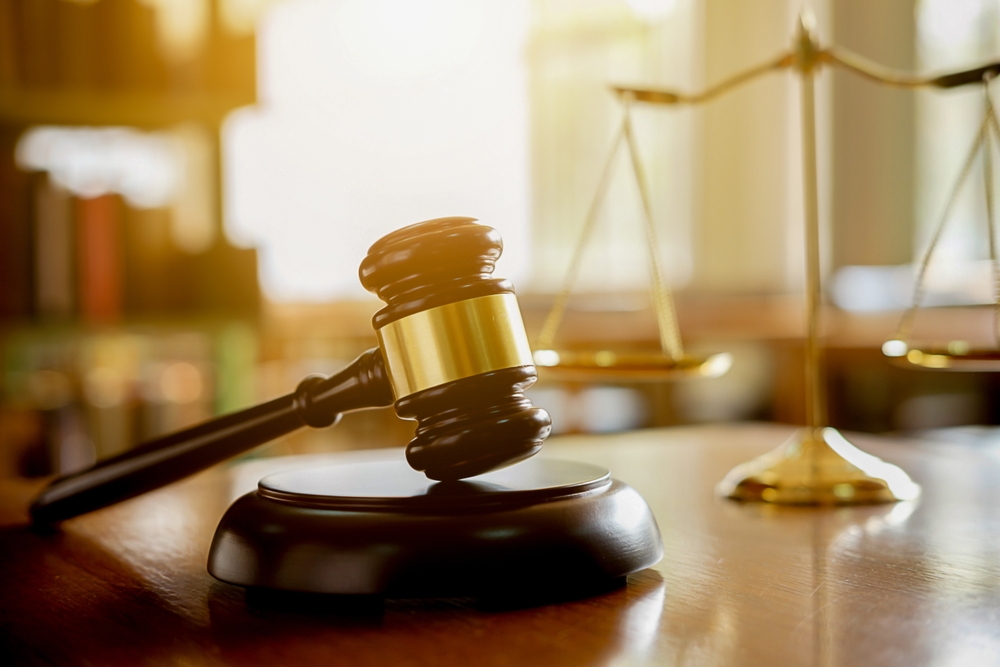
Sexual assault charges are among the most severe and sensitive legal matters in the judicial system. Facing such an allegation in Pennsylvania can lead to significant legal repercussions, damage to reputation, and emotional distress. While the legal system works diligently to protect victims of sexual assault, it is equally essential to ensure the rights of the accused are upheld. This guide, in association with Muckler Law, delves deep into the defenses against sexual assault charges in Pennsylvania.
Understanding the Charge
In Pennsylvania, sexual assault is categorized as a crime of the first or second degree, depending on the circumstances surrounding the case. Penalties can include prolonged jail sentences, heavy fines, mandatory registration as a sex offender, and long-term probation. Given the gravity of these consequences, mounting a robust criminal defense is crucial.
Potential Defenses Against Sexual Assault Charges
In Pennsylvania, as in many states, facing sexual assault charges can have severe legal and societal consequences. If you're accused of such a crime, it's essential to understand the possible defenses available to protect your rights and maintain your reputation. Here are potential defenses against sexual assault charges in Pennsylvania:
I. Consent
A common defense raised in sexual assault cases is that the alleged victim provided clear and voluntary consent for the sexual act. However, it's important to note that certain situations can negate this claim:
- If the alleged victim was intoxicated or under the influence of drugs.
- If the individual was under the legal age of consent.
- If the person was mentally incapacitated or lacked the capacity to give informed consent.
II. False Accusation
Sadly, there are instances where accusations arise from misunderstandings, personal vendettas, jealousy, or other motivations. In these cases, demonstrating that the accusation might be false or fabricated can be a valid defense. This might involve:
- Highlighting inconsistencies in the accuser's statements.
- Presenting evidence of potential motives to lie.
III. Mistaken Identity
This defense is asserted when the accused believes they have been wrongly identified as the perpetrator. Mistaken identity can arise from:
- Unreliable eyewitness testimonies.
- Vague descriptions of the alleged assailant.
- Faulty or unclear surveillance footage.
IV. Alibi
If the accused can demonstrate they were elsewhere when the alleged incident occurred, an alibi defense can be employed. This involves providing evidence, like:
- Surveillance videos.
- Witness testimonies confirming the accused's location.
- Digital evidence, such as phone records or social media posts, to corroborate the alibi.
V. Insufficient Evidence
The burden of proof rests on the prosecution. If they cannot present compelling evidence that confirms guilt beyond a reasonable doubt, the defense can argue for case dismissal based on insufficient evidence.
VI. Challenges to Evidence Collection
If there were procedural errors in the way evidence was collected, handled, or stored, it might be rendered inadmissible. For instance:
- If a DNA sample was contaminated.
- If there were breaches in the chain of custody of evidence.
- If evidence was obtained without a proper search warrant or without following proper police procedures.
VII. Statute of Limitations
While many sexual assault offenses in Pennsylvania do not have a statute of limitations, certain offenses might. If charges are brought after the allowed time period has elapsed, the defense can argue for case dismissal based on the statute of limitations.
VIII. Psychological or Mental Defense
In rare circumstances, the defense might argue that the accused was mentally incapacitated or undergoing a psychological episode during the alleged incident, making them unaware or incapable of understanding their actions.
How to Strengthen Your Defense
Facing sexual assault charges is an immensely serious matter, with potential consequences that can impact an individual's freedom, reputation, and overall future. In Pennsylvania, the legal landscape surrounding such allegations requires a meticulously structured defense. If you find yourself facing such charges, here's a guide on how to reinforce your defense:
1. Engage Expert Legal Representation
Your choice of attorney can make a significant difference in the outcome of your case. Engage a lawyer with:
- Specific experience in sexual assault defenses.
- A deep understanding of Pennsylvania’s legal landscape regarding sexual offenses.
- A track record of success in defending similar charges.
2. Maintain Silence Without Legal Counsel
You have the right to remain silent and avoid self-incrimination. Do not provide statements to law enforcement, or discuss specifics of your case with anyone, without your attorney present.
3. Promptly Gather and Preserve Evidence
The sooner you start collecting evidence, the better. Potential evidence can include:
- Text messages, emails, or other communication that can establish the nature of your relationship with the accuser or verify events.
- Surveillance footage, if available.
- Witness testimonies that can corroborate your version of events or alibi.
4. Document Your Version of Events
While your memory is fresh, jot down a detailed account of what you remember about the incident in question. This can help ensure accuracy and consistency in your statements throughout the legal process.
5. Establish an Alibi
If you can prove that you were elsewhere when the alleged incident took place, gather evidence to support this claim. This can include witnesses, receipts, surveillance footage, or digital records.
6. Scrutinize the Accuser's Motive
While it's essential to approach this tactfully, understanding the accuser's potential motivations can be beneficial. This might include:
- Disputes related to child custody, money, or property.
- Personal vendettas or relationship conflicts.
- Prior instances of false allegations, if any.
7. Challenge the Credibility of Evidence
Work with your attorney to:
- Identify inconsistencies in the accuser's testimonies.
- Highlight unreliable or contaminated evidence.
- Challenge evidence obtained through improper procedures.
8. Seek Expert Testimonies
In some cases, experts like psychologists, DNA specialists, or forensic analysts can provide testimonies that challenge the prosecution's evidence or support your defense.
9. Consider Polygraph Testing
While lie detector results aren't typically admissible in Pennsylvania courts, undergoing one might still be strategic. A favorable result can be used during plea negotiations or to influence the decision-making of the prosecution.
10. Avoid Direct Communication with the Accuser
Any interaction with the accuser can be misconstrued or manipulated. It's best to avoid direct contact unless advised otherwise by your attorney.
11. Be Mindful of Your Demeanor
Whether during court appearances, discussions with legal professionals, or interactions with others, maintaining a calm and respectful demeanor can influence perceptions about your character.
Contact an Experienced Criminal Defense Lawyer at Muckler Law for a Confidential Consultation About Your Case Today
At Muckler Law, we understand that navigating the complexities of a sexual assault defense in Pennsylvania is not just a legal battle; it's a fight to preserve your future, your reputation, and your freedoms. That's why our team is committed to providing not just legal advice but an advocacy that upholds the principles of justice.
Our attorneys specialize in defending against sexual assault charges, armed with an in-depth understanding of Pennsylvania’s unique laws and legal practices. Beyond examining the validity of the evidence presented against you, we scrutinize every angle, including potential motivations behind the accusations and procedural correctness in evidence collection.
From the moment you consult with us, we engage in a relentless pursuit of justice on your behalf. When faced with allegations as severe as sexual assault, the attorney you choose can make a significant difference in the outcome of your case. If you find yourself in this difficult situation, don't go it alone. Contact us today for a free consultation about your case and let us help you navigate these complicated legal waters with confidence and dignity.


